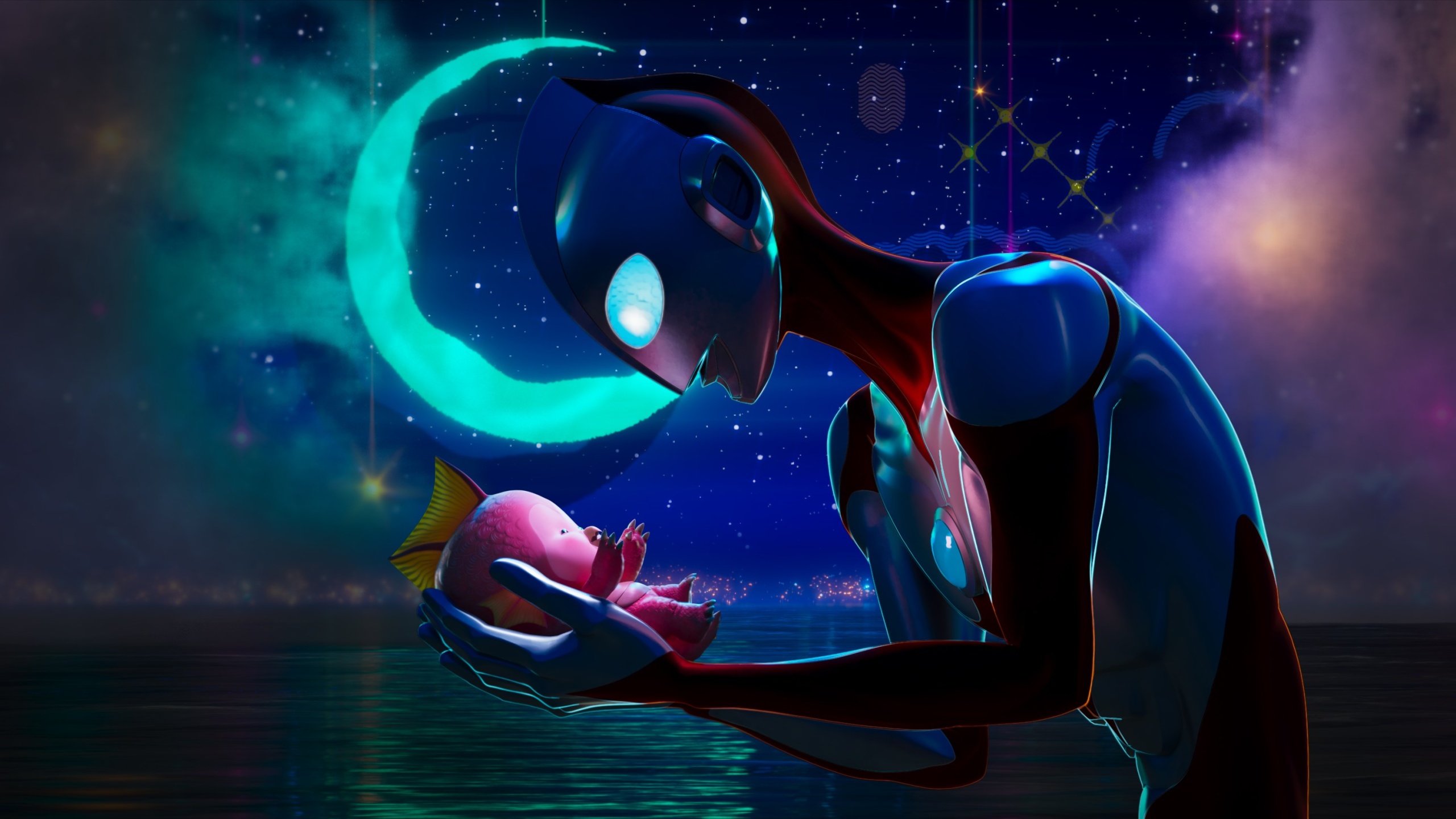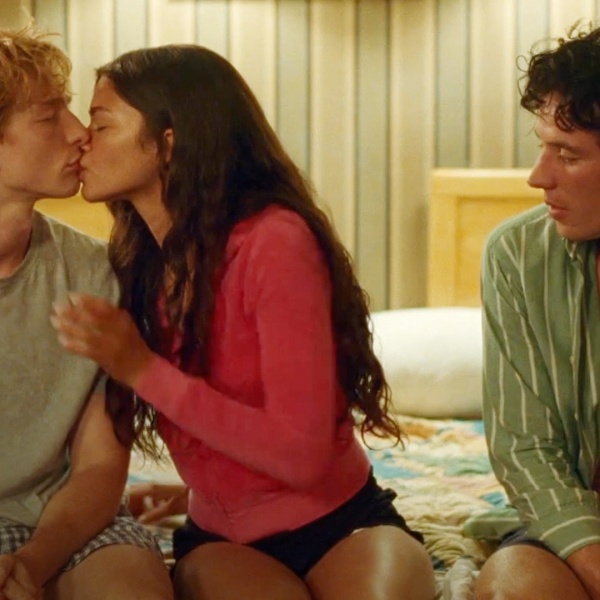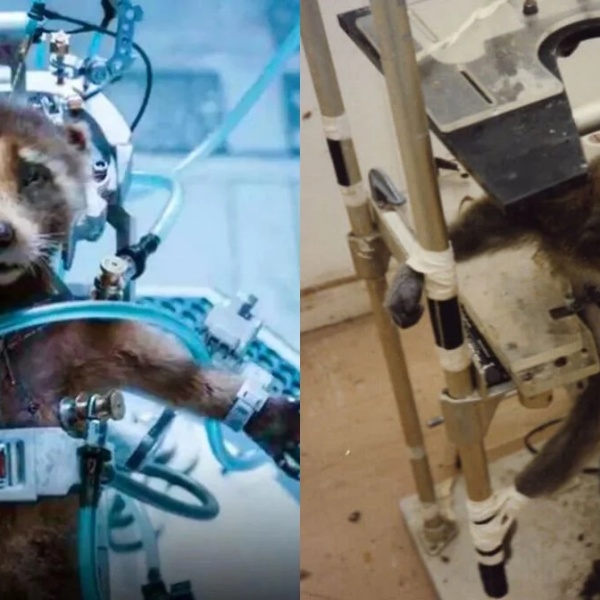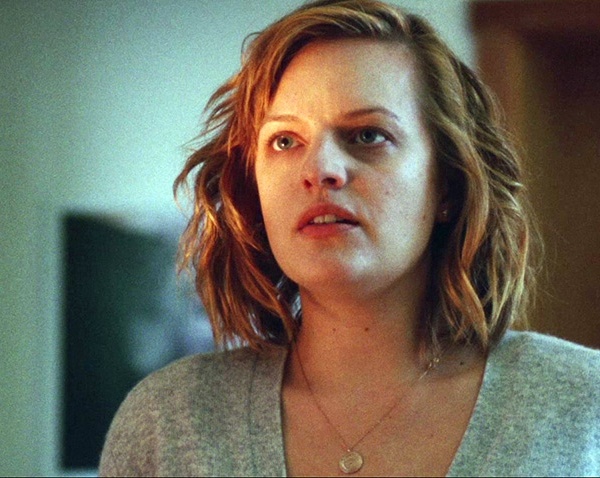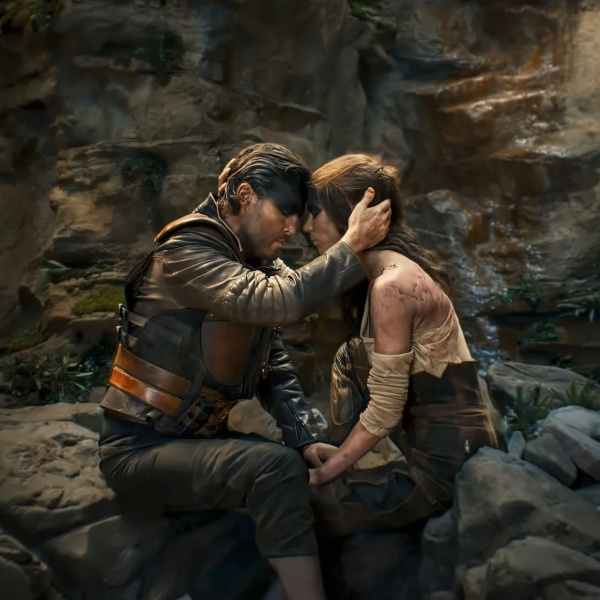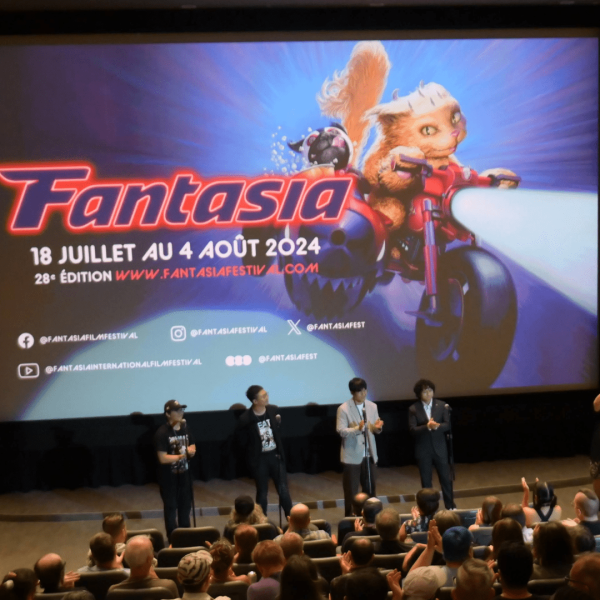Netflix unveiled the trailer for “Ultraman: Rising” (premiering at Annecy June 12 and streaming June 14), the animated feature from first-time director Shannon Tindle (“Lost Ollie,” “Kubo and the Two Strings”), who re-imagines the legendary anime franchise from Tsuburaya Productions as an action-packed, heartwarming ode to parenthood.
With Tokyo under siege from rising kaiju attacks, Dodgers baseball superstar Ken Sato (Christopher Sean) reluctantly returns home to take on the mantle of rogue superhero Ultraman from his father (Gedde Watanabe) while signing with the Giants. But he has trouble balancing his passion for baseball and his family obligation to be Ultraman. Then, when forced to raise a 35-foot-tall, fire-breathing baby kaiju girl, Sato must confront his huge ego to protect her and Japan from destruction.
Tindle first conceived of his film as an original parental superhero story (“Made in Japan”). That was back in 2001 when he was a character designer on “Foster’s Home for Imaginary Friends.” He later developed it for Sony Pictures Animation from 2016-2018. But while subsequently working at Netflix Animation on the “Lost Ollie” live-action/animated hybrid series with Industrial Light & Magic, he got inspired to re-purpose the plot into an “Ultraman” IP (the “Superman” of Japan, launched in 1966, and now a pop culture phenomenon).
“I’ve always been fascinated with Japanese culture, and I grew up a big fan of ‘Ultraman,’ and I thought what would be a story that would be compelling to a much broader audience who may not know who Ultraman is?” Tindle told IndieWire. He landed on a more personal story with the birth of his daughter in 2011 and took inspiration from one of his favorite films, Robert Benton’s “Kramer vs. Kramer,” starring Dustin Hoffman and Meryl Streep.

“It’s a love story between a [father] and a son and he begins pretty selfish and just wants to climb the corporate ladder, and he’s forced to actually take responsibility for his son,” added Tindle. “And it was based on some truth as well. There were a lot of things that I had to sacrifice that I couldn’t do anymore, but there are things that have enriched my life as a parent that I wasn’t expecting.”
In terms of embracing the Ultraman legacy, it was important to pay homage to the iconic red and silver suit, which Tindle finds one of the most striking designs ever. “But I wanted to push it to be a little bit different, to be more angular,” he said. “And I worked really closely with Keiko Murayama, the character art director, on these really elongated proportions inspired by [manga artist] Leiji Matsumoto because I thought it would be cool to have our characters drawn from that.”
ILM (the Oscar-winning “Rango”), which was led by VFX supervisor Hayden Jones (“Lost Ollie,” “The Mandalorian”) and animation supervisor Mathieu Vig (“Ready Player One,” “Gravity”), pursued an aesthetic deep dive into manga and anime. This was at Tindle’s request and in concert with the art department, led by production designer Marcos Mateu-Mestre (“How to Train Your Dragon 2”) and art director Sunmin Inn (“Vivo”).
“And pretty quickly Sunmin locked in on covers where you have marker renderings,” added Tindle. “That’s not usually associated with black-and-white artwork, which we feature in the film. And then we approached this rendering with Hayden and looked at the right balance of the line weight on the faces, and when we have cross-hatching, where do we place it so it’s not distracting? That drove everything: style in support of story. And ILM made the tools.
“There’s a shot of Gigantron and Ultraman falling out of the sky and there’s a closeup of that fireball,” Tindle continued. “And it looks hand-drawn, but the VFX animator drew each frame. It’s purely the tool that was created by those guys.”
